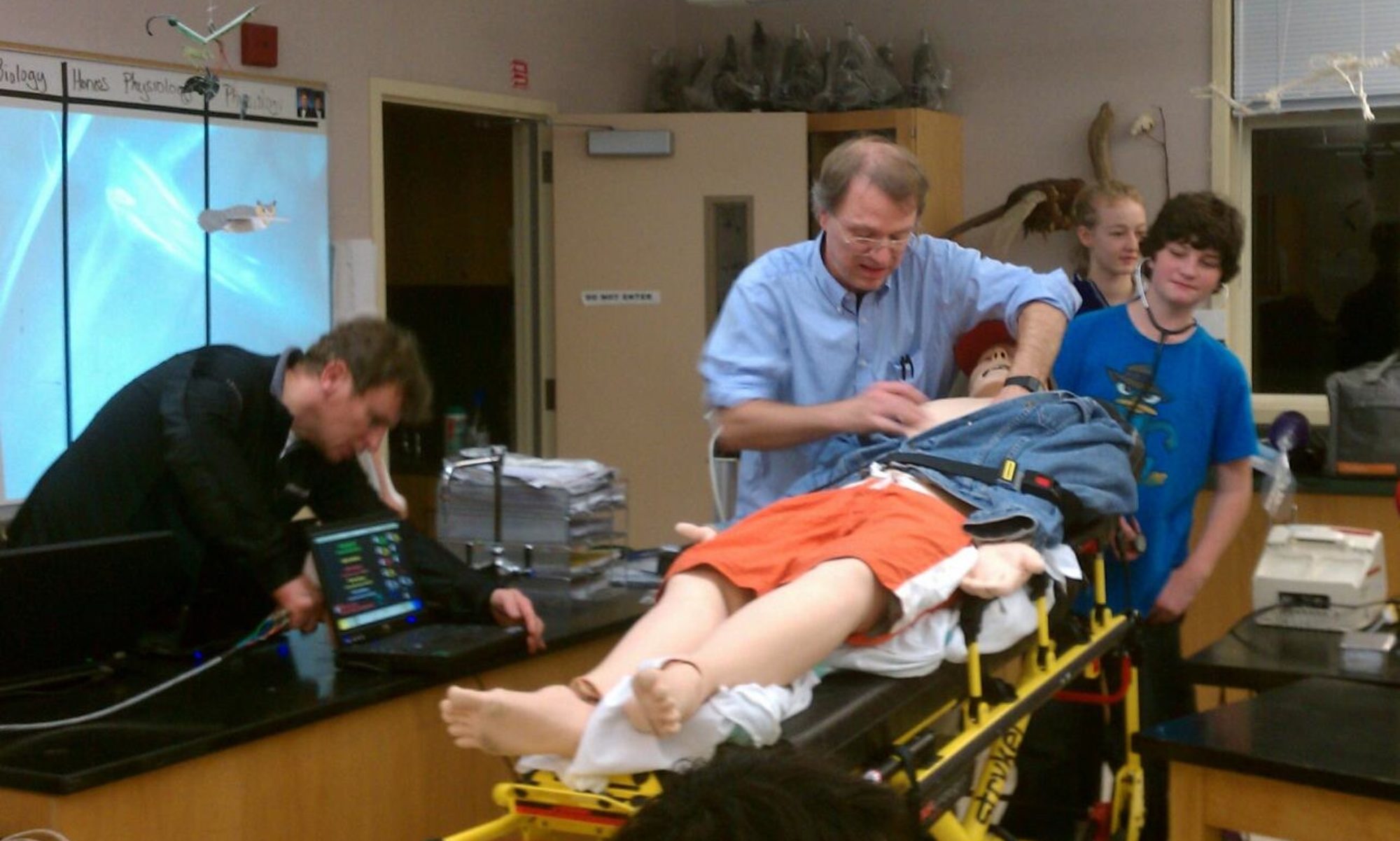Join us Wednesday, November 19th, 2014 for:
Interview with Alex Gunderson Ph.D.
by Isobel Wright, MSS Intern, Tamalpais HS
How can you compare a game show to climate change and its effect on animals? Well, Alex Gunderson has. Alex Gunderson, Ph.D is a physiological ecologist who specializes in thermal biology and is currently a Postdoctoral Fellow at UC Berkeley. His current research is aimed at answering these questions. How do physiology and behavior interact to influence the vulnerability of ectotherms to climate warming? How do divergent climatic habitats shape physiological phenotypes, and how does physiological divergence contribute to evolutionary radiations? To answer these questions, he has studied the Caribbean Anolis lizards but is now exploring the crustacean systems. Read the following interview to learn more about his life and work as a physiological ecologist.
 |
| Alex Gunderson, Ph. D.
1. How did you decide to enter this line of work, as it is so specialized?
I think I gravitated toward biology as a profession because I love being in nature. I grew up in a very rural part of the Midwest where I spent a lot of time outside, on lakes and in the woods. That led me to be interested in how the natural world works.
2. Why did you decide to use the Price is Right as an analogy for the effects of global warming?
The Price is Right was as easy choice for me because it is one of my favorite game shows. When I was in grade school and would get sick and stay home, it was the show I looked forward to watching most. I have always wanted to spin the big wheel!
I have learned a lot! Maybe one of the biggest things is how subtle nature can be. On Puerto Rico there are ten different species of Anolislizard and to most people they all just sort of look like a generic lizard. But when you look closely, you see that they have evolved all of these small differences that allow them to live and thrive in different habitats. It really is amazing!
4. What level of education do you need to do what you do?
It depends on what your ultimate goal is. You can get paid to do biology with a Bachelor’s degree, but many positions require graduate degrees like a Master’s or PhD. My goal is to be a college professor, so a PhD is required.
5. If there was one thing you could tell us to do to prevent climate change, what would it be?
The biggest road-block to making progress on climate change is political inaction, so speak up about it through your vote (if you are 18!), letters to politicians, and outreach activities. On a personal level, there are a lot of things you can do to reduce your contribution to climate change. The Nature Conservancy has a great website where you can calculate your carbon footprint and learn about ways to reduce it: http://www.nature.org/greenliving/carboncalculator/
6. What was your biggest “Aha” moment in life so far, relating to your work?
I think the biggest “Aha” moment I had was when I decided that I wanted to study how animals adapt to different climates. It was my first year as a PhD student, and I was in Puerto Rico for the first time. I thought I wanted to study the evolution of animal signals, or how animals communicate with one another. I had been studying one species in northern Puerto Rico, but I knew the same species also lived in southern Puerto Rico so I decided to drive down there. I was driving south through the mountains with my cousin Neil (he was helping me do my research) and all of a sudden, the landscape changed dramatically. It went from cool, shady tropical rainforest to hot, dry desert in just a few miles. I thought there was no way the same species could live in such different conditions. But sure enough, the same species was there. I wanted to know how they did it, and my fascination with thermal biology was born!
7. What are the best parts of your job? What are the worst parts?
There are two things that I think are best about my job. First, my job takes me amazing places to study amazing animals. Over the years, I have studied lizards in the Caribbean, frogs in the back-country wilderness of Montana, and seabirds in the Galapagos, to name a few. Hard to beat. Second, in many ways, I am my own boss. With some caveats, I get to decide what I study, where I study it, and how I study it. That kind of freedom is hard to come by in many professions.
The worst part of my job? Writing grants. Because most scientific research doesn’t generate profits like a business, you have to convince other people to give you money to do it. Those “other people”are usually government agencies like the National Science Foundation and the National Institutes of Health. It’s fantastic that they give the money, but the grant writing itself is often extremely tedious.
Learn more about Alex Gunderson and his research here. Join us and Learn!
|



